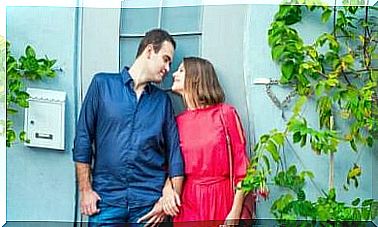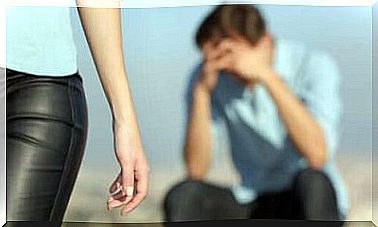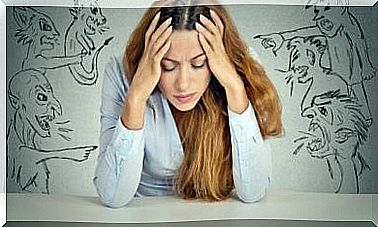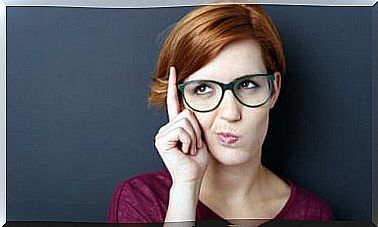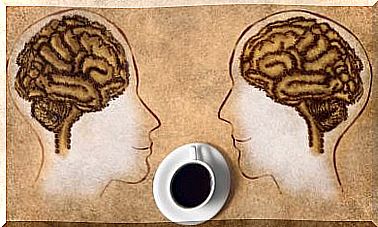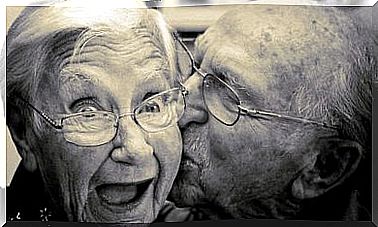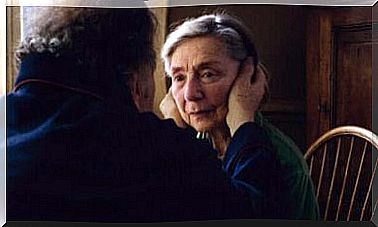Relationships Are A Mirror In Which We Can Recognize Ourselves
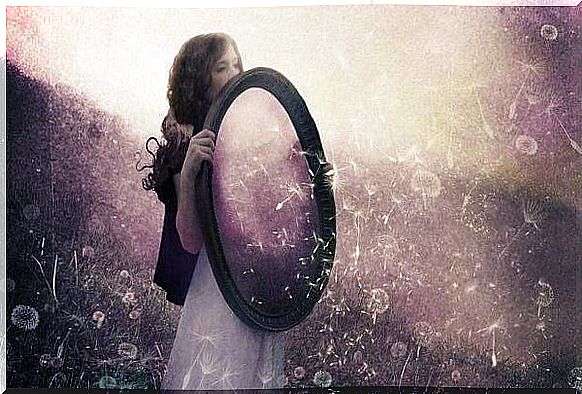
We are inevitably influenced by the world of human relationships. We cannot deny this fact. We can learn to discover ourselves through other people’s eyes. Every person we get to know on our journey through life can teach us something different. We can recognize ourselves in our relationships with them.
Are you open to the possibility that everyone can bring you something important for your life? Depending on our openness, this is more or less true. It is important to realize that every person has this potential in our lives, just as we have that potential in other people’s lives. It is the responsibility of each and every person to recognize and seize this opportunity.
“The meeting of two personalities is like the contact of two chemical substances: when there is a reaction, both are transformed.”
Carl Gustav Jung
Relationships as a way of learning
Every relationship we have can be important. Every encounter we have with someone can make us learn many things about ourselves. Whether it’s a romantic, family, friendly, casual, business, or multiple relationship, any type of relationship can affect us.
Every relationship becomes a way of seeing how we affect others: the way we communicate, how we feel, what makes us sad, what habits we like, what makes us angry, etc.
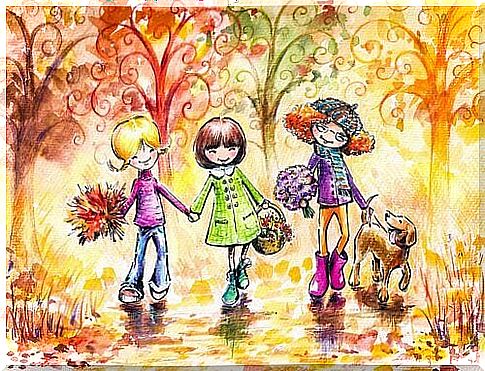
If we focus on another person and still pay attention to how we feel, we lose valuable perspective. It is not the other person who triggered this emotion in me, rather it is me who reacted to their behavior. I can worry about it and look for where it comes from. This can be seen as a chance to see what this has to do with my life.
We need to be aware that it is not the other person who is making us feel angry, uncomfortable, or sad. Neither are other people responsible for my happiness, joy, or enthusiasm. The whole repertoire of emotions, whether they are pleasant or unpleasant, is triggered by our thoughts and our views. These are answers that we utter depending on our experiences and beliefs.
The relationship as a mirror to myself
There are many feelings, desires, and intentions that make us feel ashamed for a reason and that we therefore reject completely. There are things in us that we are not wanted to see. To protect ourselves against these, we use projection. We project onto others exactly what we don’t want to see in ourselves.
“Everything that we dislike about others can lead us to better self-knowledge.”
Carl Gustav Jung
We have emotional responses that activate this projection. These can be both positive and negative. If they are positive, you project a quality onto your counterpart that you like about yourself, that you consider valuable and that you find good and that you may not even be aware of. If it is negative, you are projecting something that you reject onto the other person. This is a part of you that you don’t like and you do everything possible not to see it in yourself. This creates an internal conflict that affects relationships.
The interesting thing about realizing our projections is seeing that our attitudes and perceptions about other people and the world around us are essentially the rejected ideas that we harbor within ourselves.
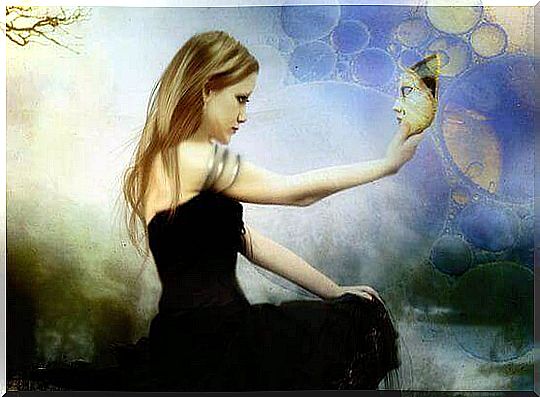
Your relationships say a lot about who you are
Where we least expect it, it turns out that everyone can show us great love, wonderful company, and important teachings. We become demanding because we wait for this to be brought to us from outside, nonetheless this is an internal matter. All important things for our life appear when we are in a position to absorb them.
Integrity, strength, and stability cannot be given to us by anyone, but it is not fair to impose these responsibilities on others. All of this comes from within and is favored by the relationships we have.
“It is often the case that the very people we have a relationship with are better than anyone else at helping us use all of our resources. As frustrating as these are, maybe they are exactly what we need: the person ‘least suited to it’ is usually our best teacher. “
Elisabeth Kübler-Ross


